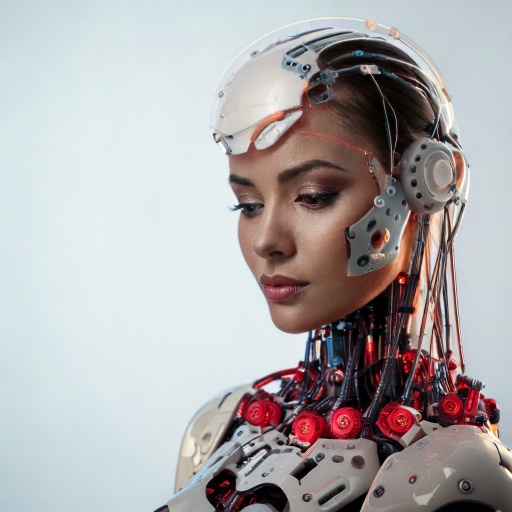China’s Soccer-Playing Robots: How AI Employees Are Kicking Off a New Era of Sport and Innovation

A Glimpse Into the Future of Football
On June 26, 2025, the world watched as China hosted a one-of-a-kind competition—the 2024 RoboCup, a global event that showcases the latest in AI and robotics technology through soccer. Held in Hefei, eastern China, this tournament featured Non-Human Workers—robotic players powered by artificial intelligence—demonstrating complex motor skills, real-time strategy, and even team cooperation. The annual RoboCup is more than a spectacle; it represents a vision where AI Employees are not just assistants, but skilled participants in activities traditionally reserved for humans.
Training Robots to Think and Play
Unlike remote-controlled machines, these robots operate autonomously. Scientists from institutions like the University of Science and Technology of China train them to make decisions on the field—dribbling, passing, and even planning defensive maneuvers. This requires combining mechanical engineering with cutting-edge AI algorithms. The humanoid players must visually detect the ball, recognize teammates, and respond to game dynamics in real time. Such development paves the way for future applications in rescue missions, eldercare, and customer service, where quick independent decisions are crucial.

Beyond the Game: Why This Matters
Although RoboCup may look like a high-tech game, it’s actually a testing ground for robotics advancements with real-world implications. Each robot acts as a Voice AI Agent, analyzing its environment and acting with minimal human input. The ultimate goal of RoboCup organizers is to build a robot team capable of beating human world champions by 2050. As researchers race toward this goal, the competition fuels innovation in artificial vision, locomotion, and autonomous communication systems—technology that could soon impact various industries beyond sports.
Key Highlights:
- RoboCup 2024 was held on June 26, 2025, in Hefei, China.
- AI Employees (robots) played autonomous football using real-time decision-making.
- Teams were developed by university researchers to function without human control.
- The event pushes forward AI's role in physical, cooperative, and strategic environments.
- Organizers aim for AI robots to beat a human world champion team by 2050.
Reference:


